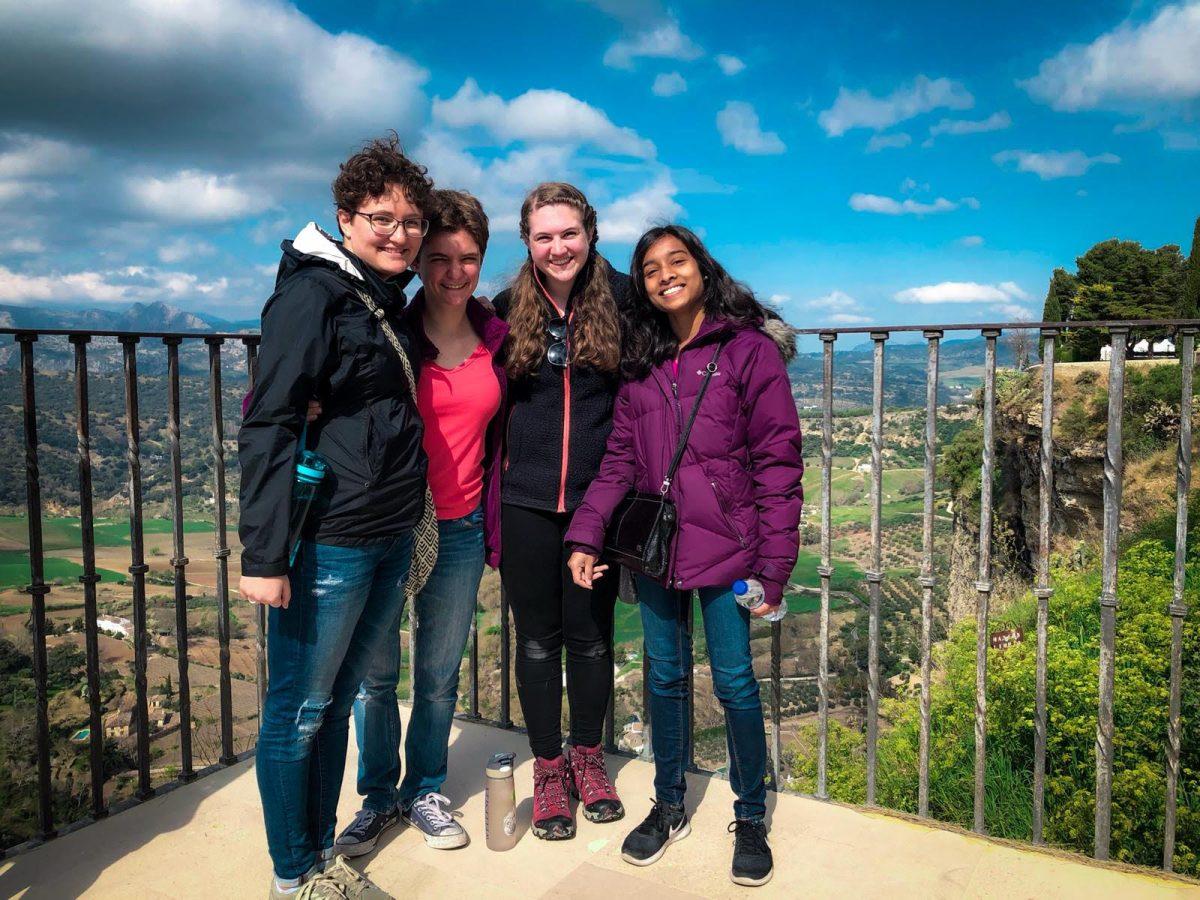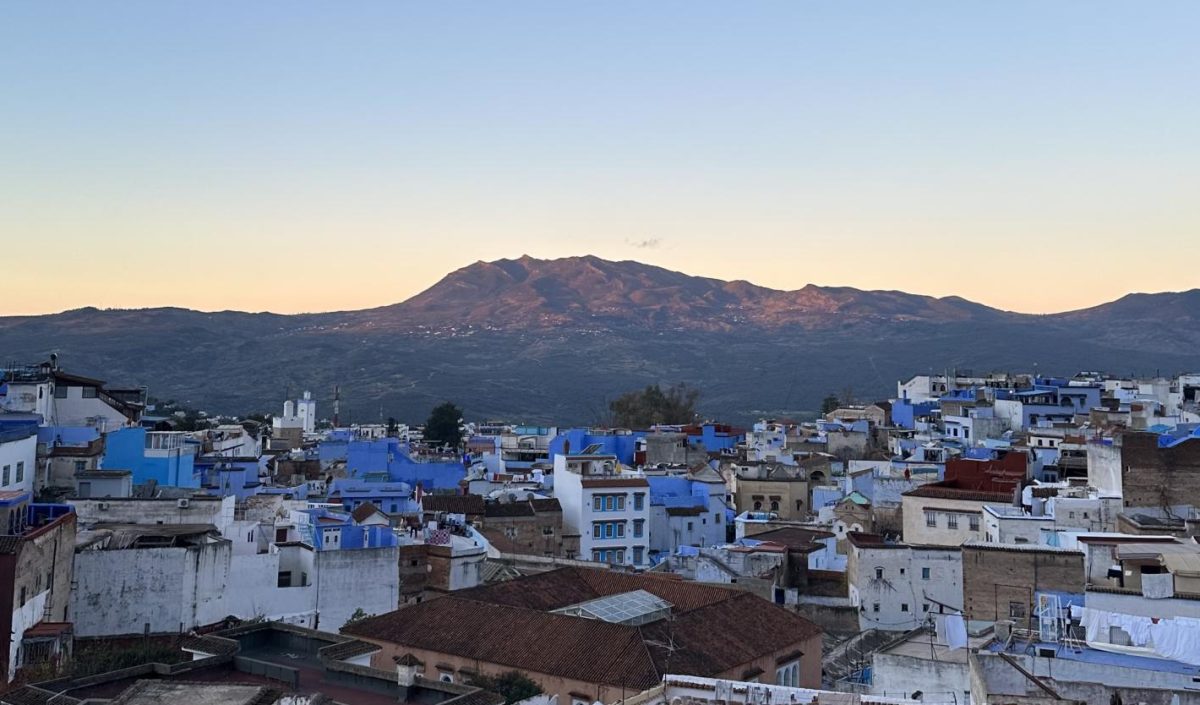When you sign up for a literature class, even one that’s taught in another country and in another language, you’d naturally expect to do a couple key things: read and write. While I’ve done plenty of reading here at Spain’s Universidad de Córdoba this semester, I have not yet written a single academic essay. Not one. Unbelievably, it’s been about five months since I’ve had to come up with a thesis statement; my writing brain has packed its bags and left for a very long vacation.
So what do I do instead? This past semester, I’ve had to memorize poems and facts about writers’ lives that I forget within a week or so after the test. I’ve been going to two-hour lectures where the professor rattles off dates, publications and surface-level analyses. For instance, question: What does the river symbolize? Answer: Freedom.
The classrooms are large, and I’d estimate there are about 50-70 students in each class. Virtually every lecture is the same: the professor will talk almost nonstop, and the students will all have their laptops out to transcribe every single sentence onto a Word document. Only rarely does someone raise their hand, and when they do, it will only be to ask something along the lines of, “What year did you say Hernandez’s second son was born?”
I’ve never struggled so much academically. The language isn’t really a barrier — I can understand my professors perfectly — but I do not have it in me to memorize 80 poems, the dates they were written and the poets’ entire life stories.
I decided early on that I wasn’t going to torture myself memorizing things for hours a day. The students here have superhuman memories, probably because they’ve been learning that way since elementary school, but my brain just doesn’t work like that. So since I’m not writing essays, and I’m not making thousands of flashcards either, I have a lot of time on my hands that at first I did not know what to do with.
Over the past few months, I’ve loosened up quite a bit, and I think that’s a good thing. I went to a bar for the first time, and travelled by plane without my parents for the first time. I picked up the guitar and took a photography class, just because. I’ve watched Netflix for seven hours straight, read tons of books in Spanish and been out with friends until 12 a.m. — at Wellesley, I’d normally be asleep by 9:30 p.m.
All of that is okay, because I didn’t come to Spain for any academic reasons. I mainly just wanted to become more fluent in Spanish, and I’ve definitely done that. Staying with a host family has helped my speaking skills enormously. I live with a mom, a dad, five cats, two dogs and two tortoises. I have learned words that I can’t believe I didn’t know before, like “cuenco” (bowl), “chulo” (cool) and “vaso sanguíneo” (blood vessel) — words that have never come up in my Spanish classes at Wellesley. I have also learned how to baby-talk to animals in Spanish, and how to text in Spanish.
And Córdoba is beautiful, especially the old portion of the city, with its narrow cobblestone streets and flowers spilling out of every balcony. With only about a month left here, I am trying to soak it all in as much as possible. Life in general here is slower, and much more relaxed; going back to the United States, where everyone is always work-obsessed and rushed, is going to be a shock for me.
But there are many things I miss from home. I really, really miss writing essays, even though at the end of every semester at Wellesley I always tell my friends that I’ll never write another essay again in my entire life. I miss Dunkin Donuts, waffles, my dog, Lake Waban and that time in early spring when it’s still a little snowy but a few flowers are starting to poke out of the ground.
If anything, I have acquired a new appreciation for Wellesley after seeing what classes are like at the Universidad de Córdoba. It’s been a fun semester, but I am ready to fly home.









